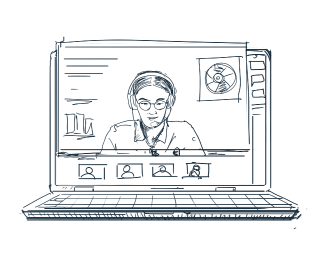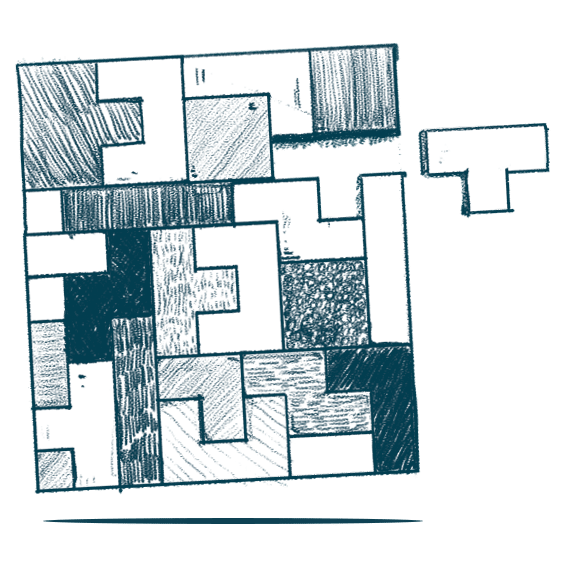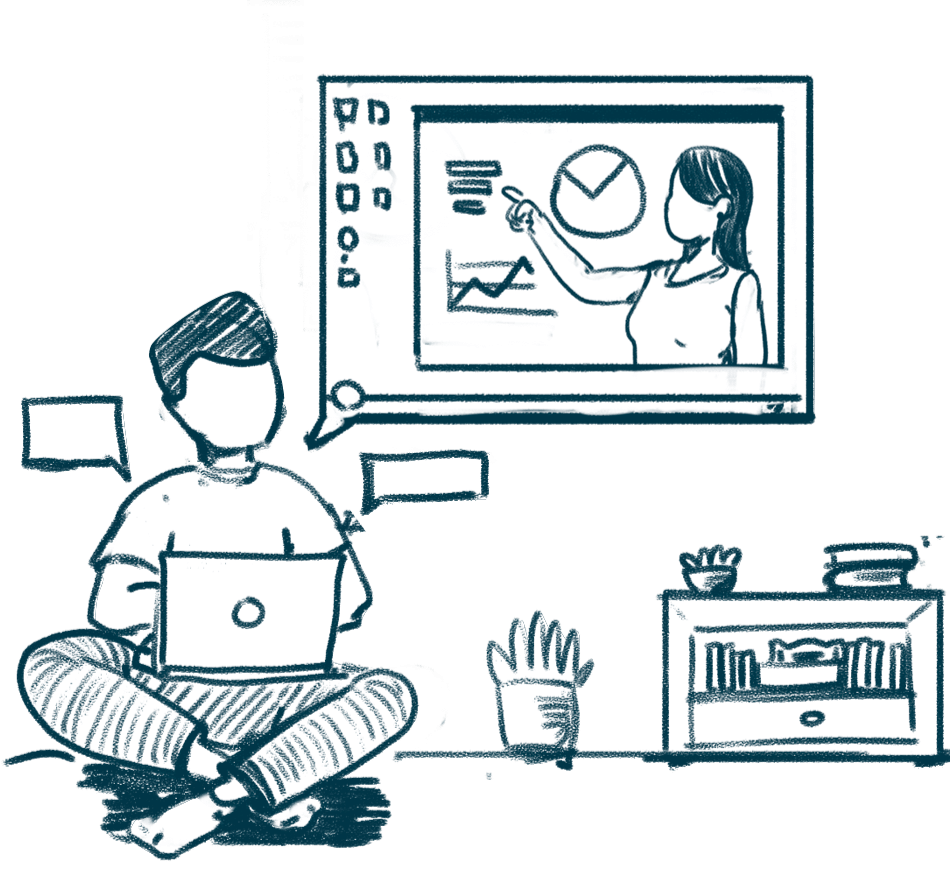Coding for
Good
What we do
Every development process needs a second set of eyes. Quality Assurance safeguards your product to be market-ready. Our thorough testing delivers high-quality, bug-free products. By minimizing production delays and enabling stable, robust releases, you’ll feel confident you’re introducing reliable software solutions.
Quality Assurance (QA) is a pillar of our work. Our process for checking and re-checking is as in-depth as development. We’re ready to cross the finish line, with the whole team behind us.
Our extensive Quality Assurance process includes:
- Strategic QA Planning: We design QA solutions around your specific concerns to mitigate potential pitfalls and ensure smooth product delivery.
- Manual Testing: Manual testing of the software uncovers any issues in usability and accessibility.
- Automated Testing: Beyond the manual testing and a human-element, we also run automated tests to double and triple-check code, so bugs are addressed and eradicated.
- Performance Optimization: We want the software to work as effortlessly for the user on any system as it does in-house–that’s why we run performance checks and optimize to address any potential slow-downs in system response.
- Scalability Assurance: We always build our software systems with the foundations to be built out in the event of necessary scalability. Initial QA testing includes load testing so the software is prepared for a large number or sudden influx of users.
The best outcomes come from the best teams. Our extensive experience with the development process has refined the core components of a successful launch.
As a result, our talented QA teams include a Director, as well as multiple QA engineers, analysts, and testers, all recognized by Scrum management and ISTQB (International Software Testing Qualifications Board) certification-standards.
This combination of structure, experience, and proven methodologies allows us to offer comprehensive and efficient testing throughout your project’s lifecycle.
Quality is non-negotiable.
Unlike teams that settle for good enough, we hold ourselves to a higher standard because we know the hurdles that lay ahead. Development is the first part.
Getting EdTech products into school is a huge hurdle. Subpar solutions don’t last.
Quality is non-negotiable.
Unlike teams that settle for good enough, we hold ourselves to a higher standard because we know the hurdles that lay ahead. Development is the first part.
Getting EdTech products into school is a huge hurdle. Subpar solutions don’t last.
Quality is woven into everything we do
Our QA team works with developers to embed testing into every cycle to catch issues early and deliver dependable software. Here’s how we achieve it:
Planning for Success:
A master plan aligns with customer expectations and covers all user stories. It outlines the applicable methodology, tools, processes, conventions, and best practices..
Rigorous Testing Throughout Development:
A suite of tools documents, plans, tracks, and executes test cases for every functionality in each iteration.
Continuous Monitoring & Reporting:
With clear reports and continuous monitoring, we’ll collect metrics to quickly identify and address issues.
Retrospectives & Refinement:
Regular retrospectives analyze testing metrics, refine processes, and confirm all functionality works as intended.
Key Benefits:
- Reduced Risks: Early identification and mitigation of bugs.
- Enhanced Quality: Improved software stability and performance.
- Increased Confidence: Delivering high-quality software that meets your standards.
Edify applies industry-leading QA practices to deliver high-quality, bug-free software every time. Our approach combines rigorous testing strategies for a full coverage assessment:
High Test Case Coverage & Test Plans:
Our extensive test cases ensure broad coverage of all functionalities and potential scenarios.
Best Practices
UI Automation for Stable Functionality:
UI automation tools facilitate repetitive UI tests, safeguarding the stability of your software’s core functionalities during development.
Robust Testing Processes:
Testing processes include Regression Testing, Smoke Testing, Black-Box & White-Box Testing, API Performance Testing, and User Acceptance Testing (UAT).
Separate Test Environments:
Dedicated test environments isolate testing activities from development and production environments. It prevents conflicts, safeguards production data, and promotes stable testing conditions.
Requirements Analysis & Verification:
Thorough requirements analysis meets the defined project specifications and delivers intended value.
Ticket Tracking System:
A centralized ticket-tracking system facilitates the management, tracking, and communication of bug reports and testing tasks.
Check Some of our Success Stories




